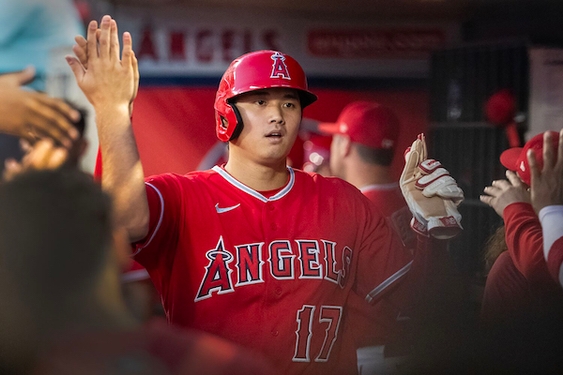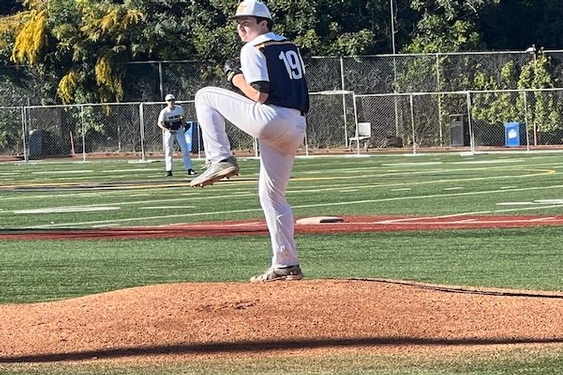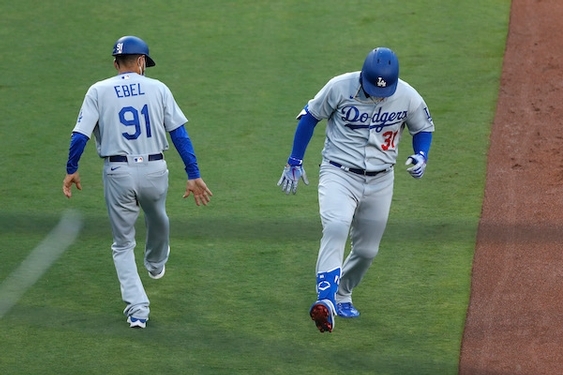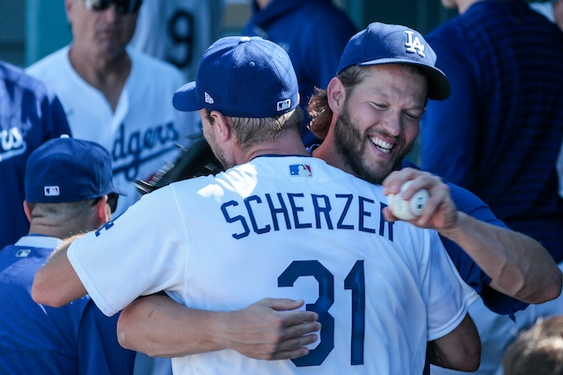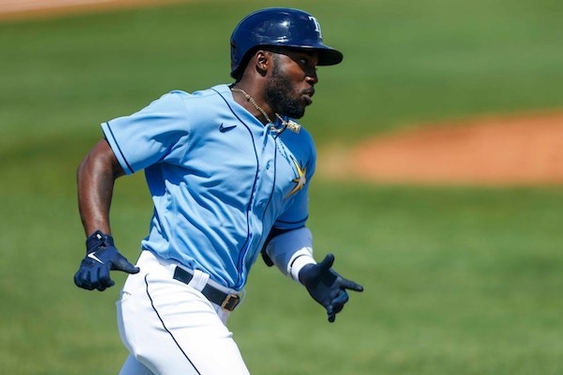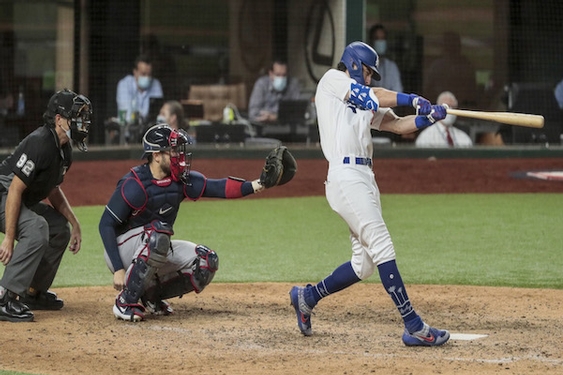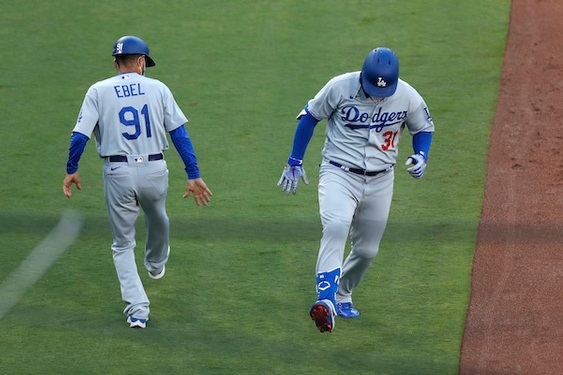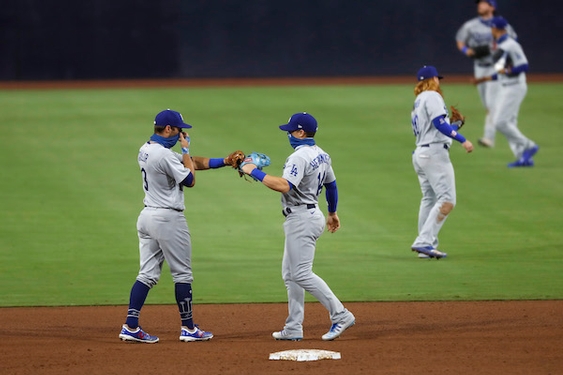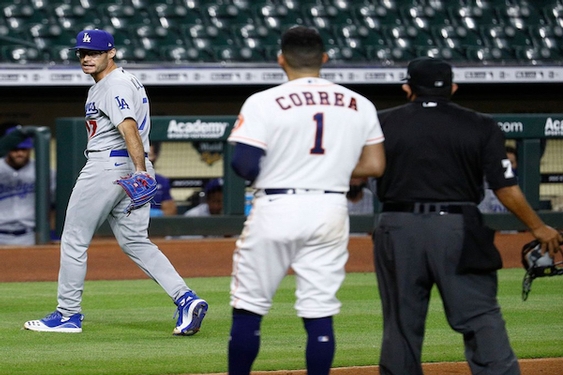The era of Manny Ramirez in Dodger Blue came to an end last week when he was released to the Chicago White Sox. Manny haters saw his willingness to go as a spiteful betrayal of a team that had done so much for him. Most notable of these voices was Bill Plaschke of the Los Angeles Times who called Manny a “quitter,” “drug cheat” and “…one of baseball’s most conniving players.” Plaschke accused Manny of “pouting” over lack of playing time and “…trying to extend his money grab” by returning to the American League. It was an article of unusual bitterness and vitriol. But the biggest problem with Plaschke’s accusations about Manny’s character was that nowhere could it be corroborated by the very people who actually worked with him: the players and coaches, including manager Joe Torre and GM Ned Colletti.
Torre fielded dozens of questions about Manny when the news broke, and he made it very clear that in all his time with Ramirez, he never had any problems.
“He was never malcontent, never complained. I never had to worry that he would be prepared or that he would be at the ballpark on time. You can’t say that about everyone,” said Torre.
Colletti, who first arranged the deal that brought Manny to the Dodgers and later signed him to a two-year, $ 45 million contract, said he had “…absolutely no regrets.” Colletti explained that Ramirez had been cooperative throughout the entire process leading to the decision to release him to the White Sox.
“It was the best thing for everyone involved and I wish Manny well,” he said.
The picture painted of Manny Ramirez is hardly that of a quitter or moneygrabber. Colletti went on to say that in all his years in baseball he has never seen a player energize a team and a fan base the way Manny did when he first arrived in the latter half of the 2008 season.
It might seem like ages ago, but the significance of that final stretch of 2008 should not be underestimated. “Manny put us on the map” offered Andre Ethier reflecting back on that time. It wasn’t simply the improvement in overall play that accompanied his arrival; it was the sense of fun that Manny brought to the team. For a Dodger organization that had so long lacked for color and character, Manny was like a spice that brought out the other flavors in the dish.
He had a curious mix of athletic excellence and childlike enthusiasm for playing baseball that was infectious. It was a pleasure derived from hard work and dedication. Like all great performers he made his success look easy and when his numbers declined, he was lambasted by those who felt he owed them more. For the many fans, however, who still wear his jersey, his very presence in Dodger Blue was enough. He will be missed.
Sports: Baseball [The Diamond Dispatch]
Missing Manny
By Dov Rudnick

Manny in Dodger Blue
(Credit: Rose Palmisano/Orange County Register/MCT)
Article posted on 9/8/2010
This article has been viewed 1717 times.


